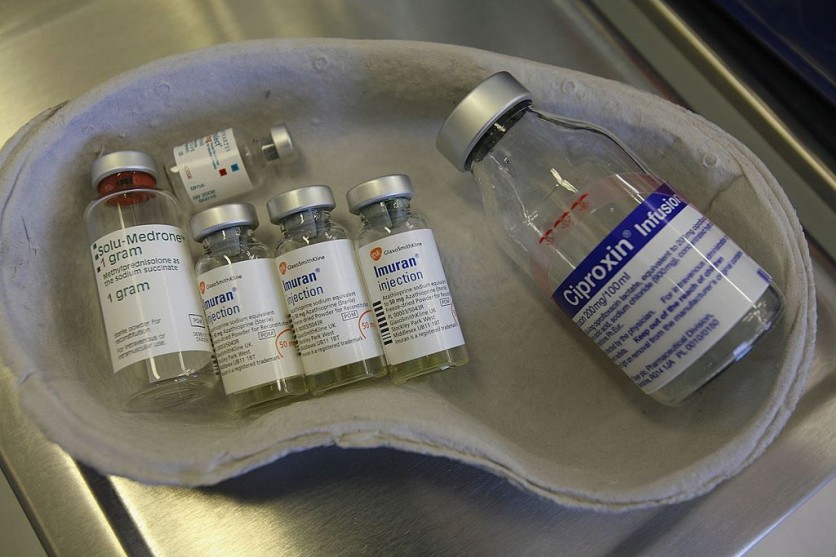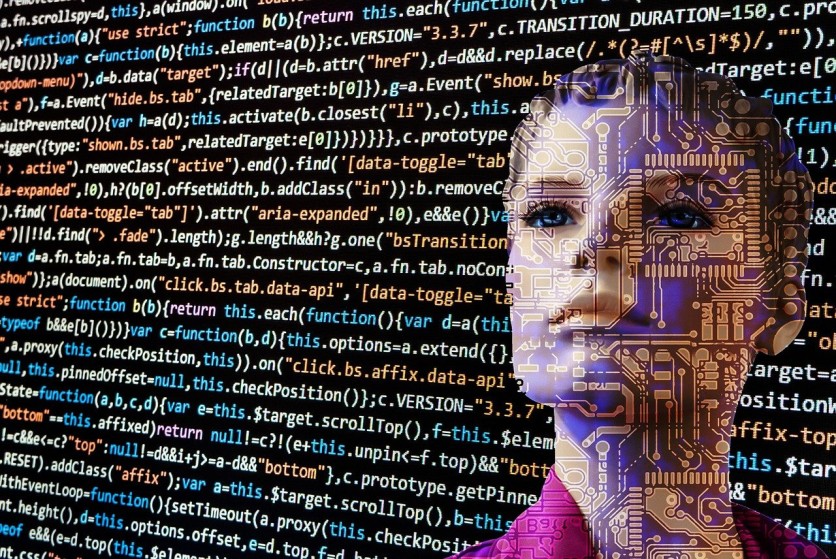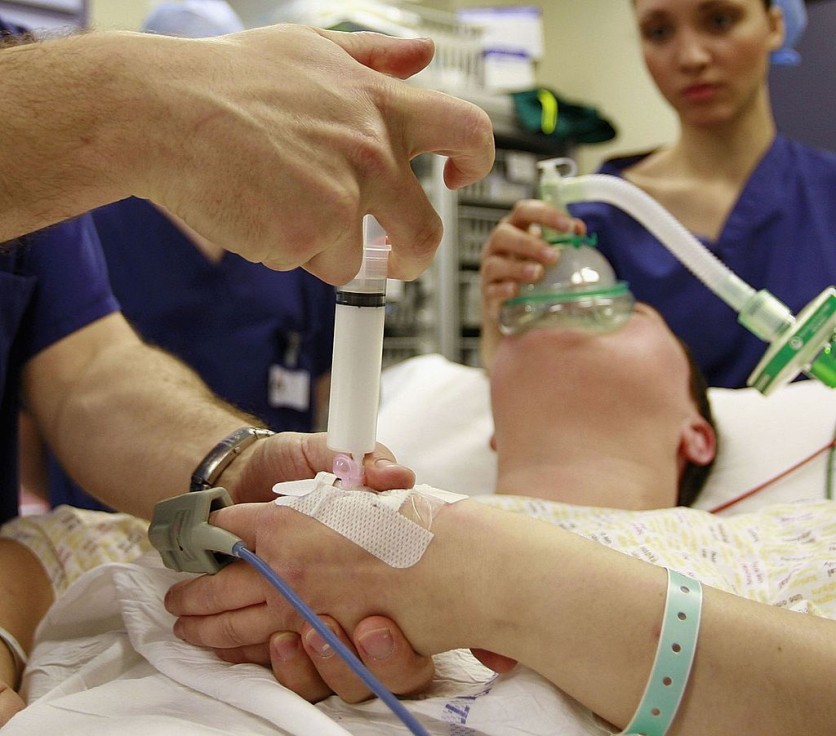Monash University and Australia's The Alfred Hospital is now working together to create an artificial intelligence-based "Superbug" detection system that aims to diagnose, prevent, and better treatment. "Superbugs" are mutated forms of bacterium and viruses with no known treatments and lead to massive annual deaths in statistics.

Two of Australia's leader in innovations, Monash University and The Alfred, is now joining as one to create an AI-based superbug detection system to prevent the massive death it causes annually. The Superbugs are known to cause 700,000 annual deaths, which gives medical experts hard times to fight against the virus.
Apart from superbugs not having any known treatments or cures, these robust bacterium are also known to develop immunity against treatments presented to it. Most of the known superbugs are known to resist antibiotics, which are the go-to drugs against the viruses initially diagnosed.
Monash University and The Alfred: AI-based Superbug Detection System

According to ZD Net, both Australia's finest institutions are collaborating to create new technologies for faster diagnosis, prevention, and treatment against the notorious superbug bacterium. Monash University's Professor of Digital Health, Christopher Bain, notes that there would be as many as 10 million deaths from superbug infections come 2050.
Superbugs may come from regular microbes or bacterium that evolve once presented with a cure or treatment that directs itself against it. Despite the treatment being made explicitly for the infection, it may evolve as a superbug and resist all the treatment presented to the patient.
The treatable diseases may evolve in superbugs and may not be seen by doctors or medical experts immediately. Since the superbug's nature mainly relies on uncertainties, initial detection would blindside doctors and masquerade itself as the same virus it once was.
The Alfred, which receives almost $2.5 million (AU$ 3.4 million) in funding from Australia's federal government and Medical Research Future Fund, would take over the project. Monash would be assisting the institution in creating the AI detection system with its best and brightest.
AI Technology for Superbug Detection: Addressing Antimicrobial Detection Resistance

The AI-based superbug detection system's lead researcher, Antony Peleg, says that the project would mainly focus on artificial intelligence technologies to predict the superbug's existence in the human body. Additionally, genomics and healthcare data would be used with the AI tech to determine if this virus is present in one's systems.
Thousands of data of a single patient would be used to predict and detect superbugs that mainly remain undetected within a person. Peleg adds that this would "push the boundaries" of healthcare that carries the burden of facing superbugs blindly.
Additionally, this project would help specific organizations that aim to create "personalized" treatments for patients who suffer from superbug's evolved forms. According to Mayo Clinic, common diseases such as pneumonia, skin infections, and urinary tract infections are examples that may transform into superbugs.
Related Article: Experts Claim COVID-19 Vaccine Doesn't Need To Be Injected, Could Microarray Remove the Use of Needles?
This article is owned by Tech Times
Written by Isaiah Alonzo
ⓒ 2025 TECHTIMES.com All rights reserved. Do not reproduce without permission.




